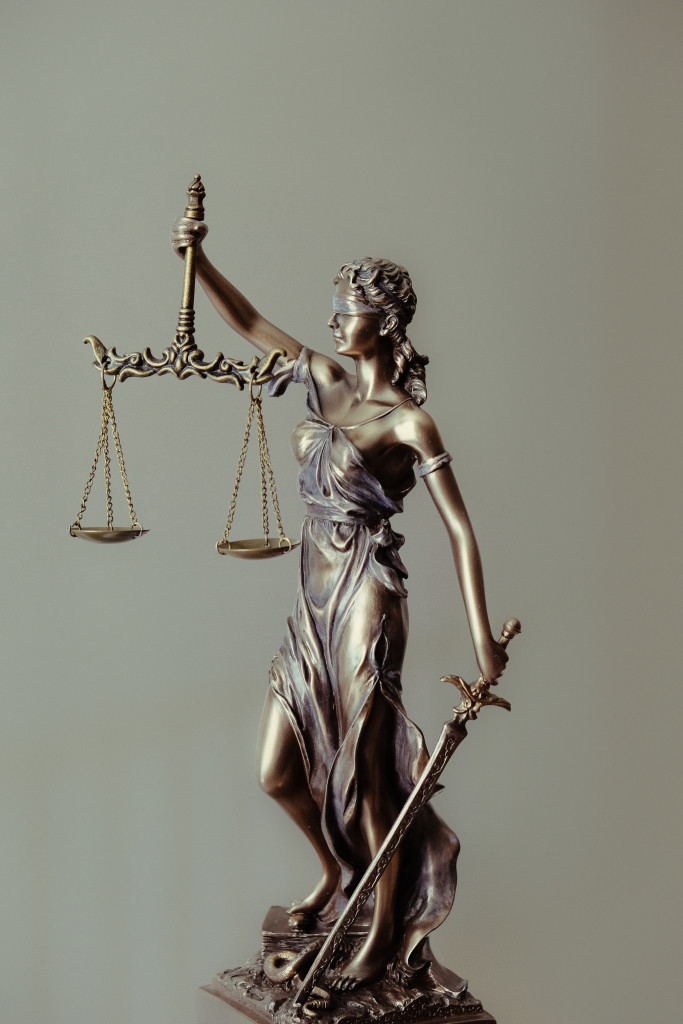In today’s litigious society, it isn’t a matter of whether your business will get sued, but when. Even well-meaning companies can find themselves the target of a lawsuit because they unknowingly expose their employees or customers to risk.
When you think of a lawsuit, you undoubtedly imagine two parties coming together to hash things out in court. But before you even enter the courtroom, there are many situations in which lawsuits may arise that do not necessarily involve both parties seeing eye-to-eye. It may be, for example, that your business is sued by a customer who claims they were injured on your premises. But there are many other situations where your business can find itself at the receiving end of a lawsuit without malice.
Whether you have been served papers for a personal injury claim or an employment discrimination case, understanding why someone hires a service of subpoena will help you plan your defense.
Here are ten reasons why your business can get sued:
Negligence
Negligent hiring, negligent training, and negligent supervision are grounds for a lawsuit if an employee causes harm to another person or their property. If you have reason to believe an existing or new hire is unfit for the job due to past behavior, it will be wise to contact an employment attorney to guide you through the process.
Employer-Employee Relationships
Good, bad, or indifferent—whatever your relationship with your employees is—it’s important never to get too comfortable. Getting too close can result in sexual harassment lawsuits. Get too harsh, and you could intimidate witnesses should the employee be accused of wrongdoing.
Discrimination

When hiring, firing, or promoting employees, you must be diligent in making sure your actions are not guided by preconceived notions of qualifications due to gender, religion, age, or race. An employment attorney can help you create policies and procedures that will hold up to legal scrutiny should the need arise to defend your company’s treatment of its employees.
Product Liability
Manufacturers, distributors, and retailers are responsible not only for the safety of their products but also for warning of potential dangers or side effects associated with use. If you’ve made a faulty product that causes an injury or if your business created an unsafe work environment that caused an accident, customers have the right to seek legal action.
Premises Liability
Whether you own an office, a warehouse, or a retail space, it’s your responsibility to ensure the area is free of potential hazards like uneven flooring, broken stairs, or exposed wires. If you fail in that duty and someone gets hurt on your property, they may file suit against your business, and you can be forced to pay damages.
False Advertising
If your product or service doesn’t perform the way you described, then you can find yourself in court for false advertising claims brought against you by dissatisfied customers. Tread carefully when making statements about your business, products, or services.
Copyright Infringement
Copyright infringement lawsuits happen when your business illegally copies something of value from another company by reproducing, selling, or distributing it without permission. For example, if you produce a movie poster that appears similar to an existing popular image and sell the product as your own, there’s a chance someone will sue you for copyright infringement.
Data Breaches
With the advent of the internet and computer technology, we keep more information about ourselves than ever before on our computers and in the cloud. When your business fails to protect this data by using lax password practices or leaving storage drives unsecured, you run the risk of a data breach lawsuit.
Tax Evasion
This is a common reason businesses get sued, but many owners do not realize that failing to file tax returns and tax payments can also land you in hot water. Many small business owners find themselves the target of IRS audits for failing to report income or keep accurate records of expenses.
Environmental and Sanitation Violations
If you run a business where you handle food or chemicals, it’s imperative to understand the rules for disposing of materials. Failure to dispose of hazardous waste in accordance with EPA guidelines can result in fines and lawsuits should someone be injured as a result.
What Can You Do Now?
If your business is sued and you believe the plaintiff has no basis for the complaint, there are steps you can take before litigation begins that will limit your liability. A good corporate lawyer can provide guidance in contract negotiations, mediation, and settlement talks to protect you to the greatest extent possible.
All businesses are at risk of getting sued. However, larger companies with higher exposure are more likely to be targeted by plaintiffs’ attorneys. It’s important not to ignore warning signs of potential litigation since ignoring the problem won’t make it go away.



